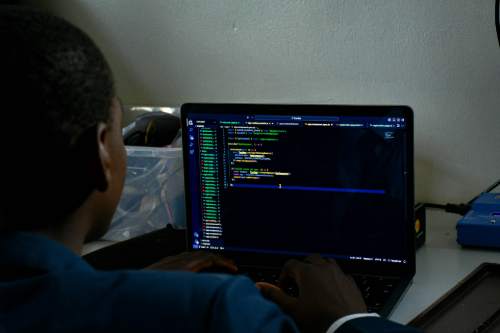Rwanda Reaches 38% Internet Penetration But Faces Cost Hurdles

TLDR
- Rwanda’s internet penetration has reached 38% of its population as of mid-2025, matching the continental average for the first time
- The milestone reflects ongoing efforts under the country’s Vision 2050 and ICT Sector Strategic Plan (2024–2029) to achieve universal internet access by 2030
- Yet despite infrastructure gains, access and affordability remain key challenges, particularly in rural areas where internet use is just 19%
Rwanda’s internet penetration has reached 38% of its population as of mid-2025, matching the continental average for the first time, according to new data from the International Telecommunication Union (ITU). The milestone reflects ongoing efforts under the country’s Vision 2050 and ICT Sector Strategic Plan (2024–2029) to achieve universal internet access by 2030.
With 5.5 million active internet users out of a population of 14.4 million, Rwanda has expanded its infrastructure footprint significantly. The country now has 1,760 connectivity towers, covering 96% of inhabited areas, and plans to add 840 more by 2028. The rollout of 5G by MTN Rwanda in June 2025 further strengthens its digital backbone.
Yet despite infrastructure gains, access and affordability remain key challenges, particularly in rural areas where internet use is just 19%, compared to 57% in urban centres. Smartphone ownership sits at 34%, and only 20% of Rwandans use mobile internet.
Daba is Africa's leading investment platform for private and public markets. Download here
Key Takeaways
While Rwanda has made significant strides in building its digital infrastructure, the main barrier to widespread internet use is now economic, not technical. Smartphone prices remain prohibitively high, with the average handset costing $160—a steep expense for low-income households, especially as 1GB of data can consume up to 60% of monthly income for the poorest. Although Rwanda has some of the lowest data prices in Africa—$0.81 per GB on MTN and $0.41 on Airtel—usage remains limited due to affordability constraints. Planned tax increases, including a rise in excise duties and an 18% VAT on imported handsets, are expected to raise device costs further, hitting rural users hardest. In response, the government is ramping up programs like Connect Rwanda, which promotes smartphone access through donations and flexible payment plans. Over 2,000 digital ambassadors are now deployed nationwide to teach digital skills, with 855 more to follow in early 2025. These interventions are showing promise. Digital literacy now stands at 75%, surpassing national targets. However, without urgent measures to lower the cost of entry, both for devices and data, millions of Rwandans will remain offline, despite being ready to engage in the digital economy.

Next Frontier
Stay up to date on major news and events in African markets. Delivered weekly.
Pulse54
UDeep-dives into what’s old and new in Africa’s investment landscape. Delivered twice monthly.
Events
Sign up to stay informed about our regular webinars, product launches, and exhibitions.




